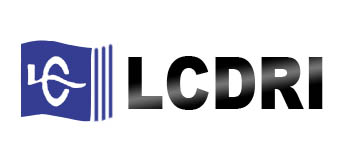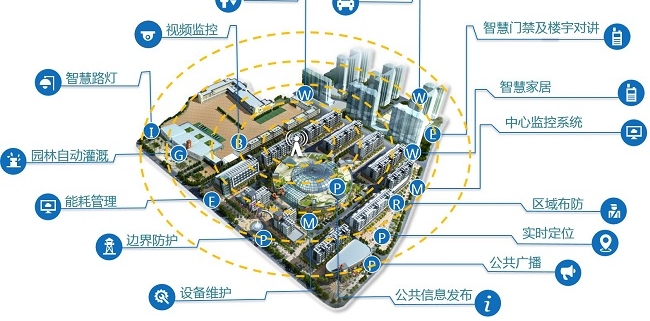Before that, we introduced what is a smart park, and its development stages and composition. Next, we will analyze the benefits of the smart park, including improving energy efficiency, realizing low-carbon operation of the park; optimizing management process, realizing the whole process control of the park operation; strengthening statistical analysis, realizing the deep development of information resources in the park; High labor productivity, maximizing the value of the park, conforming to the development direction of smart cities, promoting the development of new strategic industries, etc.
1. Improving energy efficiency and realizing low-carbon operation of the park. According to the actual operation statistics of the park, the comprehensive energy-saving effect of the system is 30%. The energy-saving rate of the central air-conditioning terminal system of the main power consumption in the park can reach 25%. The energy-saving rate of the main system is 10%-15%. The energy-saving effect of the lighting system can reach 60% through intelligent control and the application of new energy and new materials. Energy saving can be achieved by 25%-30%.
2. To optimize the management process and realize the whole process control of the park operation. On the one hand, according to the data analysis of the software system, the seasonal and day-and-night operation mode of public equipment is formulated, which improves the quality of power operation, prolongs the service life of equipment and realizes the purpose of scientific dispatch. On the other hand, by sensing, collecting, receiving and receiving the operation nodes of the park, the operation efficiency and abnormal situation of the equipment and facilities are automatically transmitted to the background, which improves the safe operation quality of the park assets, realizes intelligent fault alarm and operation efficiency monitoring, and improves the response speed of dealing with the faults.
3. Strengthen the statistical analysis, realize the deep development of information resources in the park, solve the real-time collection, transmission, storage and operation of massive data through wireless sensor network and other information technology applications, and strengthen the auxiliary decision-making function. The system can more accurately and intuitively record and display the basic data of energy operation, energy load and power consumption of the park, and interconnect with other information systems such as customer management, electronic payment, intelligent parking, data sharing, and discover the intrinsic value of information resources.
4. To improve the productivity of staff and maximize the value of the park, the system has the functions of equipment monitoring, route arrangement, data recording and working status monitoring. It provides scientific management and assistant decision-making means for the management of the park, effectively reduces the duplicate working time of staff, and realizes the intellectualization, real-time and high-end of daily management, equipment operation and customer service. It improves the service quality and customer satisfaction of the park.
5. To conform to the development direction of smart city and promote the development of new strategic industries, smart city has become an inevitable trend of future urban development. As a characteristic functional block and an important component of smart city, smart park has broad market development space. The construction of smart Park involves the system application of Park card, intelligent transportation, intelligent security, intelligent air conditioning, intelligent lighting, energy management and environmental monitoring, and directly brings the development of new strategic industries such as animal flow network, cloud computing and new energy.
With the vigorous support of the state, the intelligent construction of parks is in full swing throughout the country. Different types of parks around the country have formulated their own development plans according to their own development orientation and market competition. In the future, urban development and management can be indexed by the construction of smart parks to further promote the construction of smart cities. Meanwhile, the management of smart parks can be integrated into the management system construction of smart cities to achieve a high degree of integration between market management of smart parks and market management of urbanization, and to create a “smart” urban management system with great regional influence.



